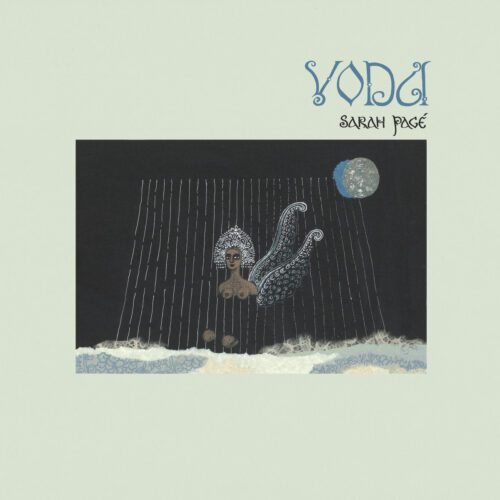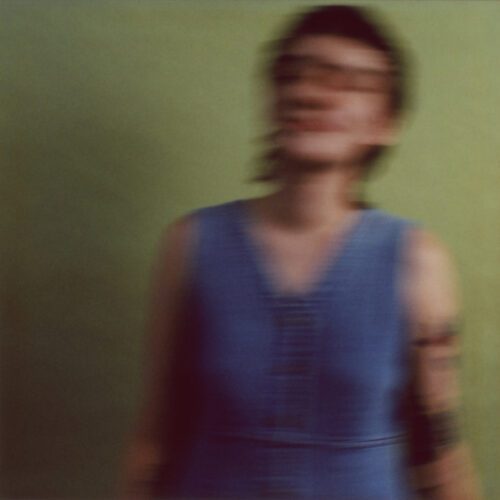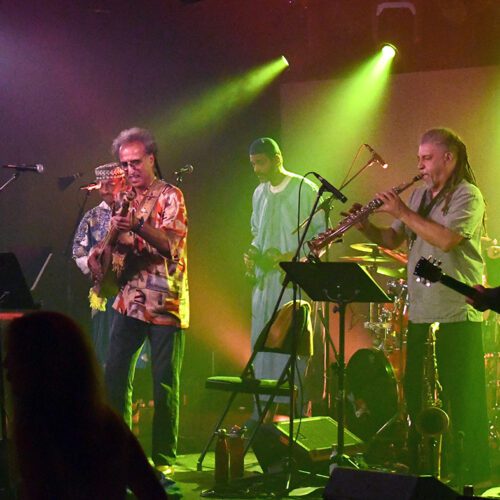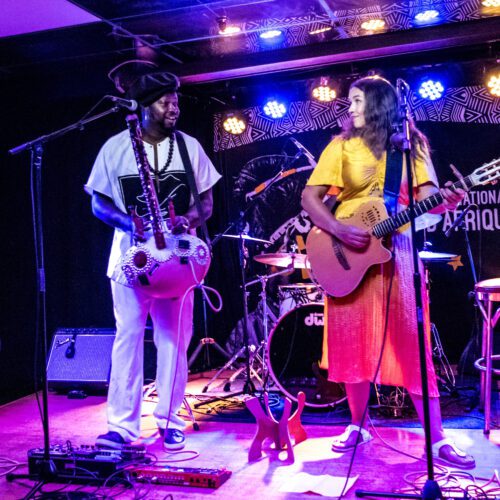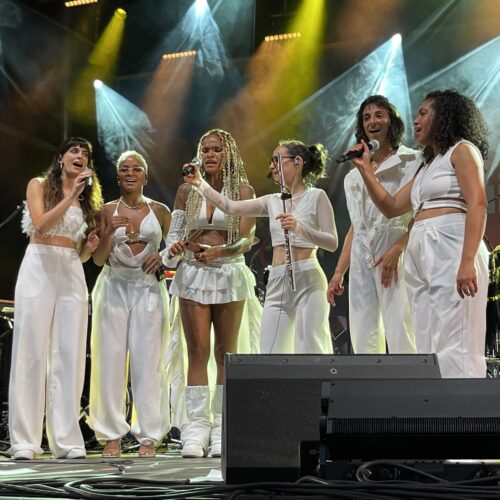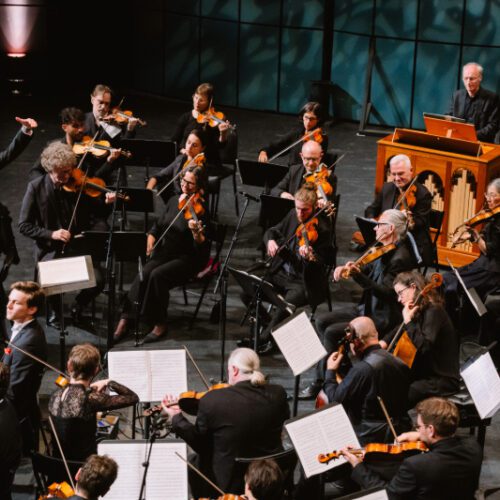Sarah Pagé refreshes her sonic exploration of water almost ten years after the original production, a collaborative work with Russian choreographer Nika Stein in 2014. Offering a rich, expansive sound universe, Voda almost makes us forget that its composer is first and foremost a harpist.
Indeed, the plucked strings are augmented by electronic processing, as well as passages of bowed strings and various water percussion instruments, such as a waterphone and bowls of water. Totaling nearly an hour, the album features several moments of rhythmic weightlessness, where the sparseness of the notes and their panning in stereophonic space create an atmosphere both mysterious and soothing. Such is the case with “Vers les abîmes”, which opens the album, followed by “Rousalka”, where a Slavic text spoken in an anguished sprechgesang pierces through the instrumental experimentation.
Next, the album takes a more lyrical turn, featuring arrangements of violin, cello and double bass in “Méduses”. It’s in “Premiers pas au marécage”, the album’s middle track, that the music begins to structure itself around melodic rhythmic cells. In this piece, the musical material is repeated in loops and varied through a skilful interplay between harp and Japanese koto. In the end, the koto gains the upper hand, imposing a catchy rhythmic ostinato over which ornamentation is superimposed on the same instrument.
This climactic moment then gives way to a return to abstraction and sparing atmosphere, which ventures further towards electronics and field recordings in “Benya”. Violinistic passages accompanied by percussion then raise the intensity before being drowned out by the sound of waves, and it’s in a lull reminiscent of the end of a tidal wave that the album ends with “Lac du coeur/Tsarevna Lebed”. Having crossed this musical arc, the listener can then fully appreciate the references to water, for it is indeed in waves of intensity that Sarah Pagé has structured Voda.
